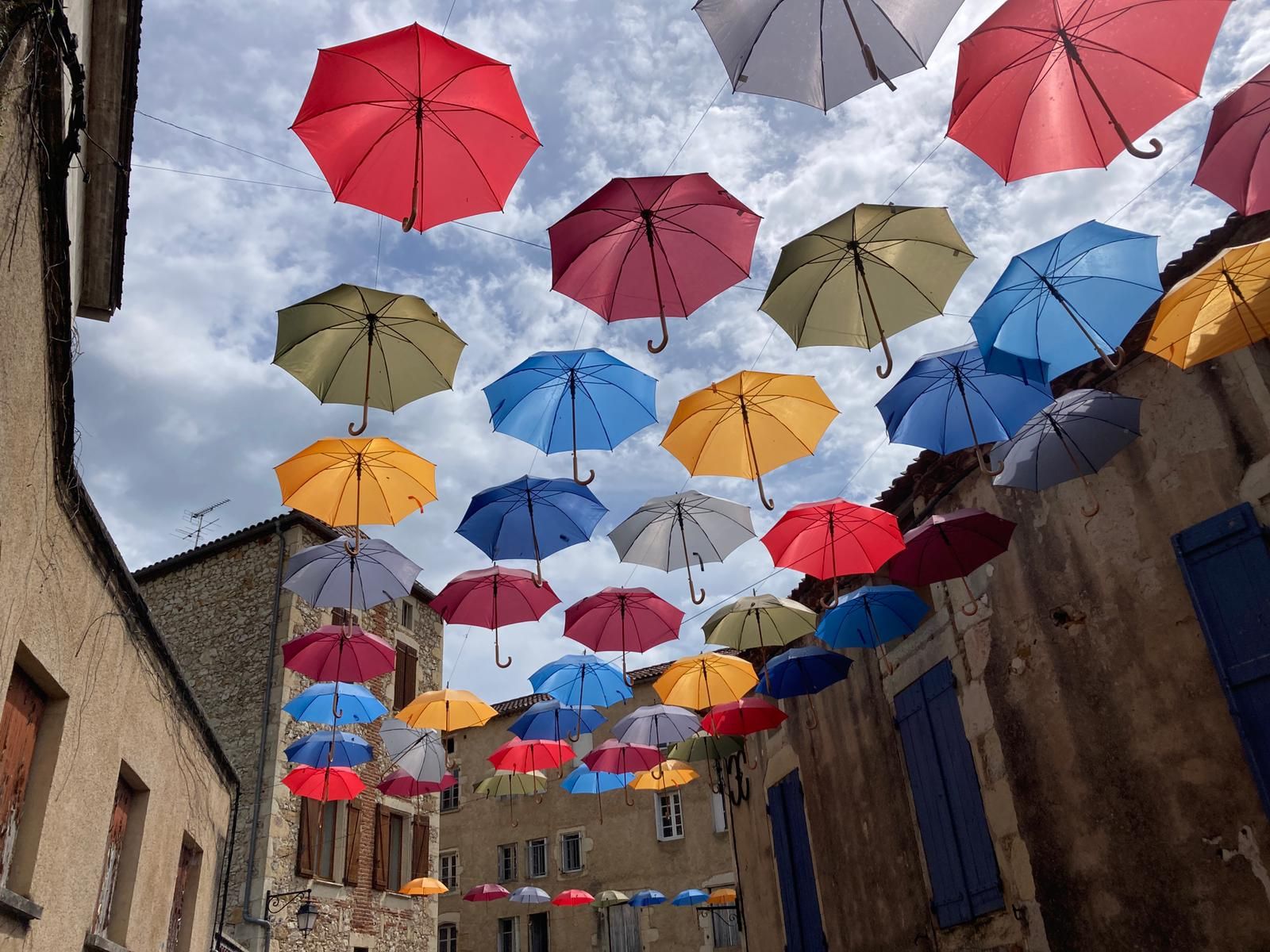How to pronounce French words in Dutch

Last summer I spent my holiday in the Jura, a beautiful province in France. Before going there I signed up for online French lessons to make sure that I wouldn’t regret not having refreshed my French. That had happened many times before, so I finally did what so many of my clients do: take online lessons! And beside the fact that it is easy and fun to learn a language online it is also very effective. This summer I finally felt more confident in speaking French. I could have a relaxed conversation with the French people in the streets or in a café and tell a story using the past tense. My goodness, how important it is for me to know the tenses. I was also very happy with the extra vocabulary that I had rehearsed with Stephanie. Of course I kept making a dozen mistakes, but that didn’t matter. The main goal was to communicate with confidence in the native language.
French loan words
While taking a series of Skype lessons taught by my very professional French teacher Stephanie in Montpellier, I ended up sharing a couple of French words with her that are used permanently in our Dutch language. Stephanie was quite impressed that we used so many French loan words. To name a few: toilet, trottoir, chauffeur, station, entree, s.v.p (s’il vous plaît). At the same time I realized that especially French words that would give my learners of Dutch a headache, because most of them never learned to speak French.
English pronunciation
Many of my learners from South Africa, the US but also from Sweden and Finland, had no clue about how to pronounce a French loan word. Take for example the word ‘station’. Most would trust that the English pronunciation would suffice, but that is not the case. Although we do have many English words in our language, we do stick to French words often: sta’sjon (pronounce the ‘a’ as in ‘arm’ and stress the second syllable).
I tried to categorize the types of French loan words in Dutch:
- Exactly the same words in pronunciation and spelling: trottoir, croissants, merci, toilet, surprise, station, biscuit.
- Words that have a slightly different spelling, but a similar pronunciation: picknick (French: picque-nicque), portemonnee (French: porte-monnaie), paraplu (French: parapluie), sculptuur (French: sculpture), kiosk (French: kiosque), humeur (French: humour), cadeaus (French: cadeaux)
- Words that have almost the same spelling, but pronounced ’the Dutch way’: gazon (gázon), bonnefoie (bonnefooi), route (route), park, chique, accent, plan.
- Abbreviations: s.v.p. (s’il vous plaît).
- Words that are pronounced the French way, but not known in French: cabaretier (French: comédien), lunch (déjeuner).
In the story below I have put most of the French words mentioned above to let you read and listen to how we pronounce these French words in our Dutch language:
Als we op vakantie gaan, gaan we graag op de bonnefooi. We leggen dan geen vaste route af en doen allerlei leuke dingen zonder een vast plan. De ene dag gaan we picknicken, de andere dag wandelen we door een park, lopen op de kort gemaaide gazons en bekijken de kunst die daar staat. Soms staat er op zo’n gazon een bordje met de tekst: “Niet op het gras lopen s.v.p.“. Soms staan er grote sculpturen of treedt er een cabaretier op die grappen met een gek accent maakt en de mensen entertaint.
Als we een stad gaan bekijken, reizen we het liefst met de trein. We nemen dan jus d’orange en croissants mee als lunch. Op het station gaan we nog even naar het toilet voordat we al lopend over het trottoir richting het centrum gaan. Als het regent en wij zijn onze paraplu vergeten, kopen we er een in een kiosk. We trekken onze portemonnee en bedanken dan soms met het chiquere “merci“. Of we de wandeling voortzetten door de stad, hangt af van ons humeur.
Op 5 december vieren we het Sinterklaasfeest en geven we elkaar cadeaus. Sinterklaas en zijn Pieten komen dan met pepernoten en speculaas, een soort biscuit met specerijen. Als de kinderen niet meer in Sinterklaas geloven, geven de familieleden elkaar vaak een surprise en een gedichtje.
- bonnefooi = spec
- picknicken = to picnic
- gazon = lawn
- s.v.p. = please
- sculpturen = sculptures
- cabaretier = (stand-up) comedian
- jus d’orange = sinaasappelsap
- croissants = Franse broodjes van bladerdeeg
- biscuitjes = small biscuits
- trottoir = pavement
- portemonnee = wallet
- merci = thank you
- humeur = mood
- cadeaus = presents

